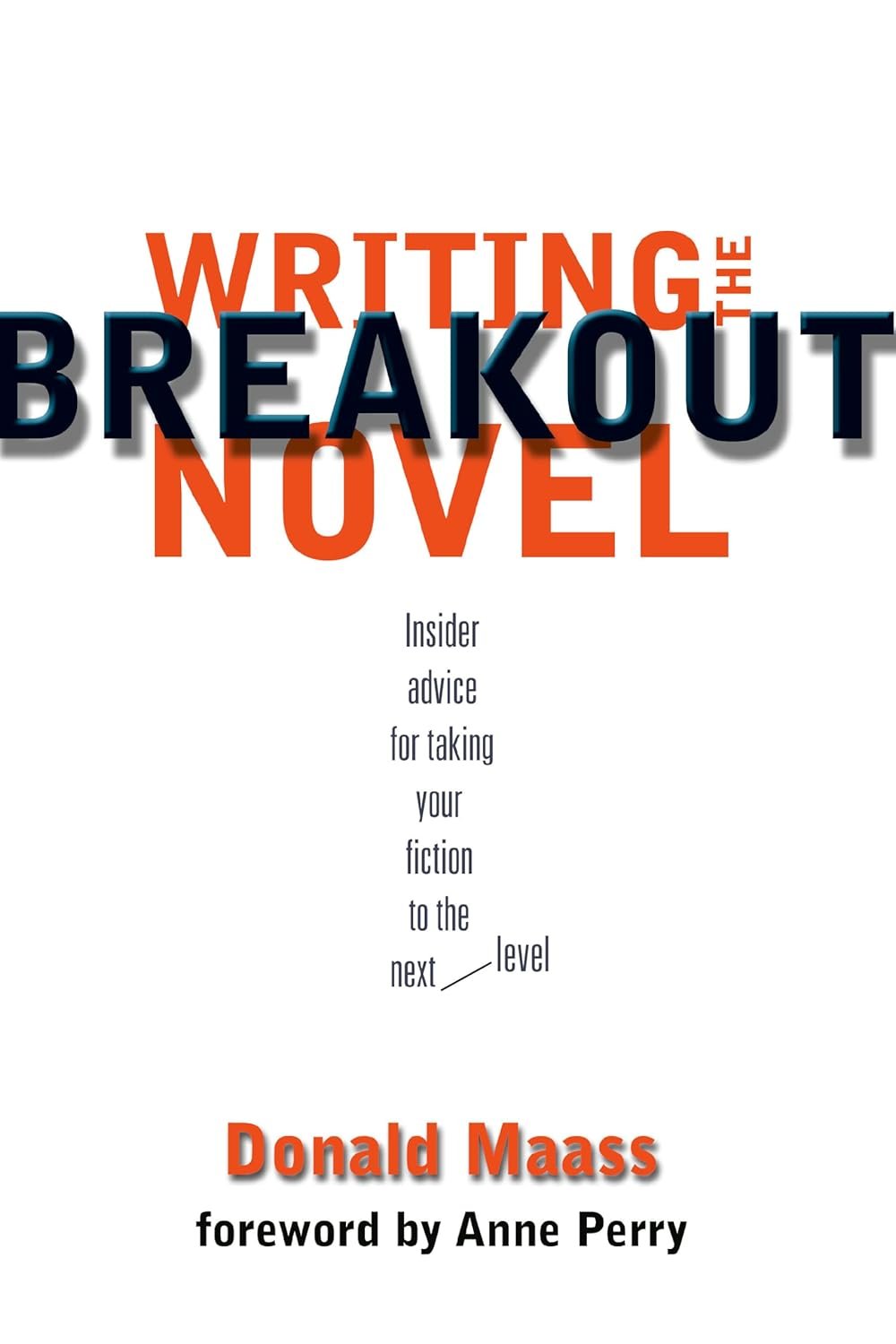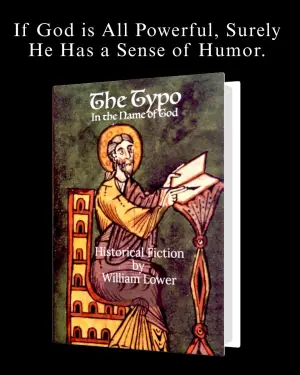
20 Jul Crafting the Next Best Seller: Insights from “Writing the Breakout Novel”
Title: Elevate Your Voice with Donald Maass’ “Writing the Breakout Novel”
As a lifelong lover of books, the quest for writing brilliance has often led me down winding paths filled with advice, tips, and innumerable “how-tos.” So, when I stumbled upon Writing the Breakout Novel: Insider Advice for Taking Your Fiction to the Next Level by Donald Maass, a seasoned literary agent whose words drip with authenticity, I felt an exciting jolt of inspiration. Could this book be the ticket to unlocking my storytelling potential?
From page one, Maass takes you on an illuminating journey through the elements that make a novel not just good, but great. What struck me most was his insistence on weaving together captivating subplots that enhance the main narrative—something that often eludes even seasoned writers. He emphasizes the importance of crafting larger-than-life characters who leap off the page, a notion that resonates deeply with me as I often find myself caught up in the depth of a well-crafted character.
The book is structured thoughtfully, breaking down essential components common to blockbuster novels, sprinkled with examples from bestselling authors. Maass’ recommendations range from establishing powerful settings that evoke vivid imagery to creating tension that keeps readers at the edge of their seats. His advice isn’t confined within the usual boundaries of genre either; he welcomes all writers to explore universal themes that broaden their appeal.
One of the most striking concepts Maass introduces is the idea of the “breakout premise”—one that is not only plausible but also brings emotional guts to every storyline. He asserts that stakes are empty without a genuine link to human worth, a thought I found particularly haunting yet liberating. I immediately started reflecting on my own work, wondering if I was adequately tapping into that emotional resonance.
Maass’ writing style is clear and encouraging, making complex ideas digestible. He seamlessly integrates thought-provoking quotes, like when he mentions that “life-and-death stakes are empty unless they are tied to underlying human worth.” It’s a powerful reminder that grounding our narratives in shared human experiences can transcend mere entertainment, making the reading experience profoundly impactful.
For someone like me, at times lost in the chaotic realm of words, the book became my lifebuoy. Each chapter felt like a conversation with a mentor, guiding me toward a clearer vision for my writing. I found myself taking notes, jotting down actionable steps and reframing how I approached character development, setting, and pacing.
I wholeheartedly recommend Writing the Breakout Novel to aspiring writers, those feeling stagnant, or even published authors caught in the mid-list mire. If you possess a desire to elevate your storytelling and breathe life into your narratives, this book is an invaluable companion on your journey.
Ultimately, reading Maass’s work has reignited my passion for writing; it’s a reminder that every word counts and that stories carry the power to connect us all. Whether you’re drafting your first novel or looking to inject fresh energy into your writing process, this book truly invites you to break out. So grab your pen, and let’s dive in!









